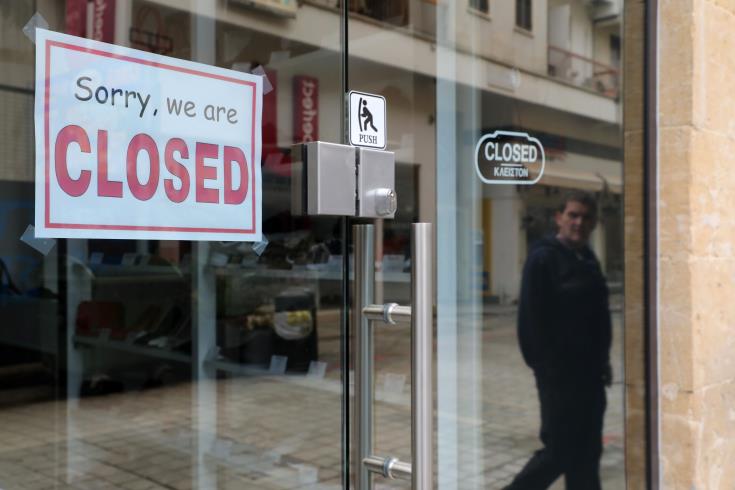Sadly, discussing a minimum wage or collective labour agreement is only hotly contested as a political tool, leveraged when we have elections.
The late Zeta Emilianidou tried throughout her nine years in office to narrow the differences on setting a real and fair minimum wage as best as she could often accused by both camps – employers and trade unions – of taking the other’s side.
The incumbent Labour Minister is serving an administration that will be out in six months and desperately wants to leave with a legacy of resolving this social injustice.
Unfortunately, this disparity has brought social partners to loggerheads too many times.
However, the issue is greater, as fixing a minimum labour cost would also close an inequality for ordinary workers in the private sector, who do not enjoy the same privileges as civil servants and public utility staff, or highly rewarded bank employees.
Presently, the demand and supply laws of the open economy that Cyprus boasts define labour costs, which are safeguarded in about a dozen categories, known as the ‘low pay’ blue-collar jobs.
Although first-hirings often use the fast-food hourly rate to determine the salary of a newcomer, the small size of the Cyprus economy and the limited labour force means that employers will bargain the first salary as far down as possible, sometimes even below what is currently on the negotiating table for the national benchmark rate.
Pay scales are, unfortunately, determined not only according to the industry but also geographically.
Thus, an ordinary office employee in a forex company may be rewarded with the minimum, but this rate is multiplied if, say, doing the same job in Limassol.
The same applies to the imbalance leaning towards the demand side in hospitality, restaurant and hotel jobs, especially during the peak tourist seasons, when they are greatly sought after.
On the other hand, ‘universal’ jobs, such as clerks in accounting, audit and law firms, do not foresee any pay increase, mainly due to the over-supply in the jobs market, unlike the positions of their white-collar superiors, whose employment criteria are rarely based on merit or performance.
Instead of bickering about spiralling costs and Cyprus losing its competitiveness (employers) or defending the rights of the working class (unions), both sides ought to have put water in their wine and looked after the interest of their workers.
These are the ones who will put in the extra effort, work harder, and defend the good image and reputation of the company.
They are the backbone of most Cypriot organisations and, by extension, the backbone of the economy.
People who have made the ‘economic miracle’ a reality helped Cyprus recover through many crises.
At €890 gross a month, the debated minimum wage places Cyprus barely ahead of the Czech Republic, Hungary and Greece.
When rising to €930 after six months on the job, Cyprus nears Portugal and Israel, based on OECD data set in 2020.
When foreign investors look to relocate here, the wage disparity is something they look at, as ts will set the ground rules of dedication and productivity.
We have an abundance of a highly educated workforce but cringe at the idea of giving a labourer a €10 pay increase at the end of the year.
Everyone should get off their high horses and give these workers the basic benefit of a minimum wage.
It will be the foundation to build future payrolls and reward schemes that portray Cyprus as a fair employer, where job satisfaction is high on the list.










